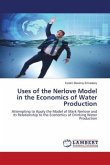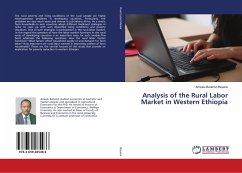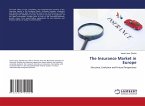Market economies should be viewed as complex, non-linear, dynamical social constructs conceived to make the process of exchange of goods and services more efficient. As non-linear dynamical systems, they throw off a vast amount of 'market data' which may subsequently be processed into 'information'. So far, economists have focused on such market data under the assumption that the more complete are agents' data sets the more efficient the trading process will be. In this sense, a complete data set must precede the trading process. What is not emphasized, however, is that the evolution of markets itself generates additional information which thus far seems to have escaped scrutiny. This monograph will attempt to bridge that gap by focusing on information created by any non-linear dynamical system. Market economies are clear cases in point. As dissipative complex structures, they possess an attractor and therefore an unstable manifold on which new information is produced. Such information may subsequently be modelled into useful knowledge. The monograph should be of interest to students and professionals focusing on the market growth that lies beyond the simple accretion of inputs.
Bitte wählen Sie Ihr Anliegen aus.
Rechnungen
Retourenschein anfordern
Bestellstatus
Storno








